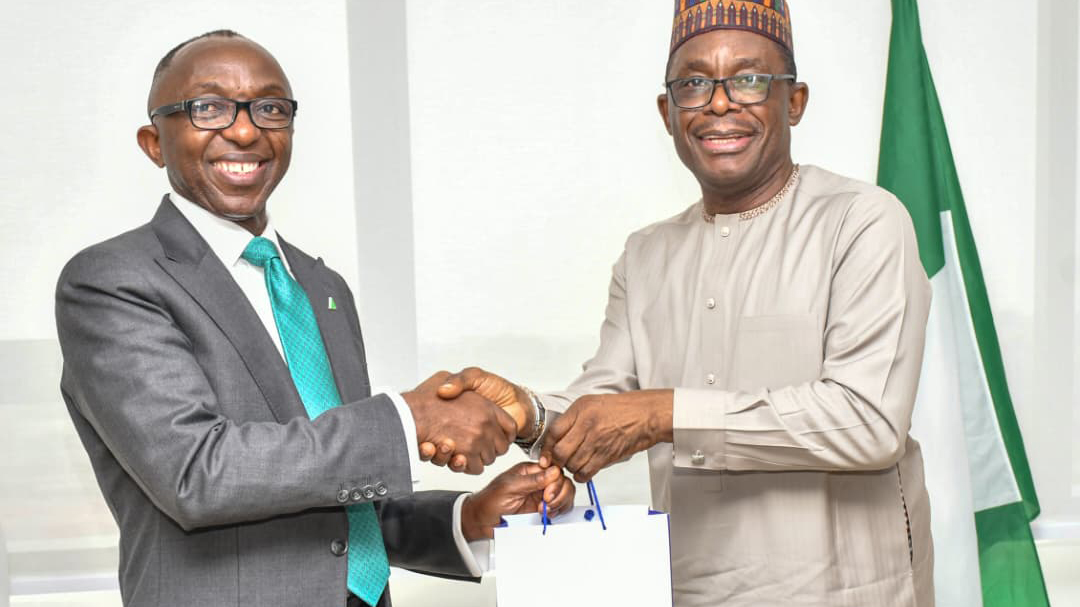•Country risks turning youth boom to burden
As Nigeria marks another independence anniversary, economists and governance experts have warned that the country’s future hangs in the balance on its ability to embrace painful but necessary reforms, dismantle entrenched structural weaknesses and restore leadership integrity.
They started this at the 2025 edition of the Platform Nigeria themed, ‘Rebuilding the Nation’, stressing that Nigeria’s structural and economic foundations must be urgently reformed if the country is to overcome its recurring crises of unemployment, fiscal imbalance and weak governance.
Delivering a speech on the topic, ‘Reform and Resilience: Strengthening Nigeria’s Economic Foundations’, Chief Economist of the African Import-Export Bank (Afreximbank) and a former statistician-general of Nigeria, Dr Yemi Kale, said Nigeria’s survival now depends on reforms that are disciplined, consistent and focused on long-term gains rather than political expediency.
He likened the economic reform path to a New Year’s resolution, easy to make but difficult to keep, requiring significant lifestyle, sacrifice, discipline, consistency and endurance, which makes it ultimately rewarding. Clinging to the status quo, he warned, guarantees disaster.
“Reforms are necessary for the survival of any nation. They are not just policy choices, but fundamental strategic decisions that require discipline, sacrifice, consistency and endurance. The more severe the crisis, the more important and urgent the reforms are. Similarly, reforms involve changing entrenched habits, structures and systems that may initially resist change but are ultimately necessary for survival and prosperity,” he said.
Despite its abundant resources and strategic geography, Nigeria continues to record low productivity and poor competitiveness, he observed.
With nearly 70 per cent of its population under 30, Kale cautioned, the country risks converting its demographic boom into a demographic burden if it fails to implement reforms that create jobs, expand infrastructure and integrate youth into the economy.
“Despite being blessed with natural resources, a young population and a favourable geographic location, Nigeria continues to underperform. We are rich, yet poor. We have abundant human capital, yet productivity is low. We are blessed with resources, yet our citizens suffer from poverty and unemployment.
“With 70% of our population under 30, we face either a demographic dividend or a demographic burden. If properly harnessed, the youthful population can be a great asset. But without the right policies, investments, and reforms, it could become a source of instability,” he cautioned.
He identified power as a critical bottleneck undermining productivity and called for trade liberalisation to enable Nigeria to benefit from the African Continental Free Trade Agreement (AfCFTA).
He further stressed that reforms must be inclusive, with targeted social safety nets, such as student loans, conditional cash transfers and efficient welfare programmes deployed to shield the most vulnerable.
Building on Kale’s analysis, Dr Joe Abah, a former director-general of the Bureau of Public Service Reforms, traced Nigeria’s institutional weaknesses to decades of over-centralisation entrenched since the military era.
Abah, in his paper on ‘Rebuilding Nigeria through Devolution and Decentralisation’, said Nigeria cannot continue on a centralised system that concentrates power and resources at the federal level while leaving the regions unproductive.
“We cannot rebuild the nation on a defective foundation. Centralisation destroyed accountability and concentrated wealth at the centre, leaving states and local governments dependent and unproductive. Our present structure is not conducive to development. It has led to waste, dependency and a disconnect between government and the people. Without addressing these structural issues, reforms will not succeed,” he said.
He recommended a return to a decentralised structure with strong Regions and a small centre, alongside a revenue-sharing formula where the federal government only has 20 to 30 per cent share and the regions have 70–80 per cent share.
Abba proposed the enactment of a new constitution that mirrors the arrangements in the 1963 Constitution but with six geo-political zones, adding that the zones should have their own constitutions and that functions such as policing and census should be within the remit of the regions.
Providing a global perspective, the first female President of Kosovo, Atifete Jahjaga, emphasised the centrality of leadership integrity, inclusiveness and democratic resilience in rebuilding fractured nations.
Drawing from Kosovo’s experience of war, division, and recovery, she argued that societies can only be rebuilt through selfless leadership that prioritises unity, transparency, and citizen trust.






